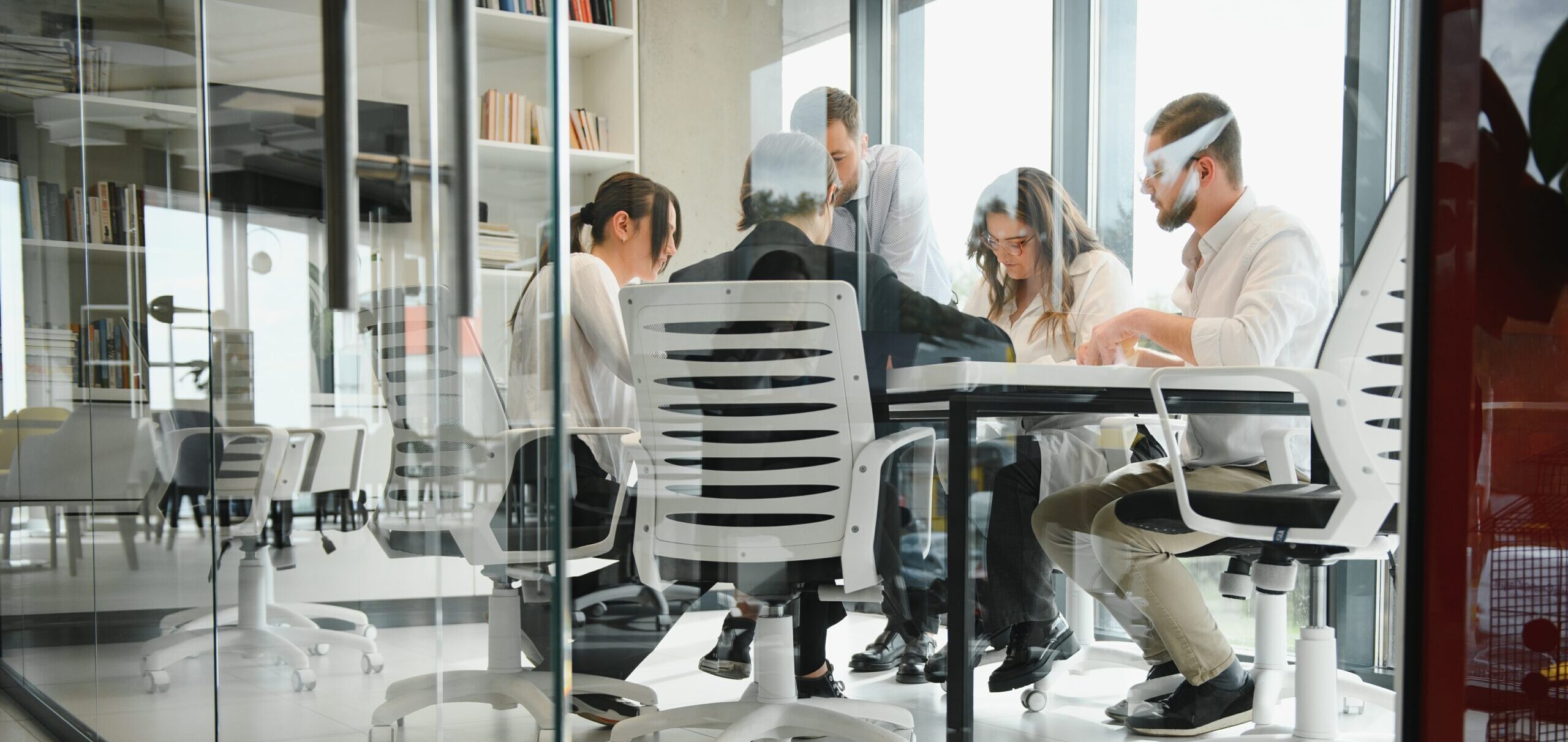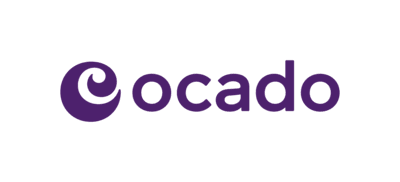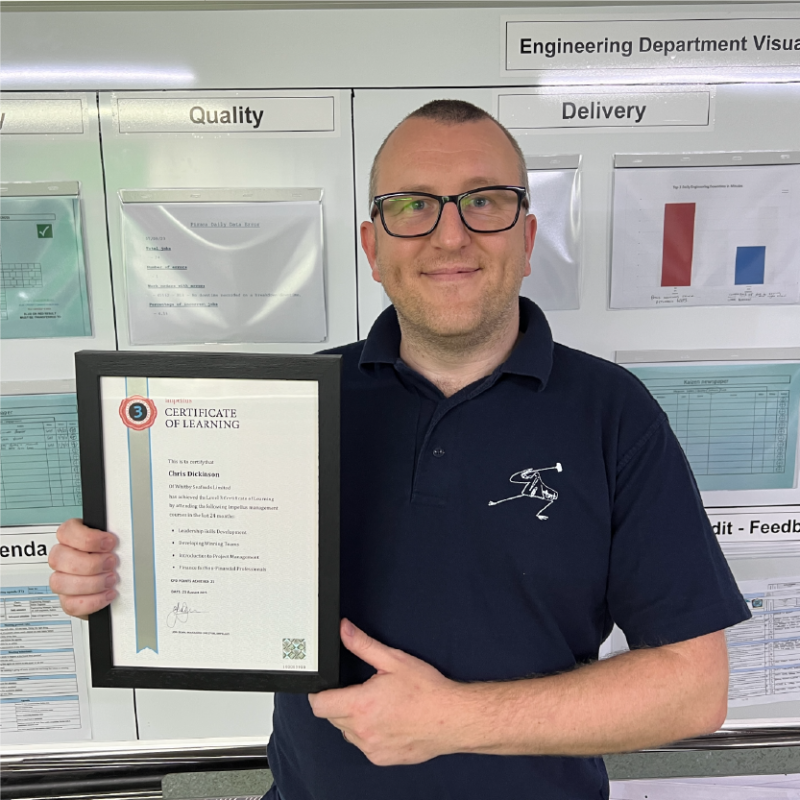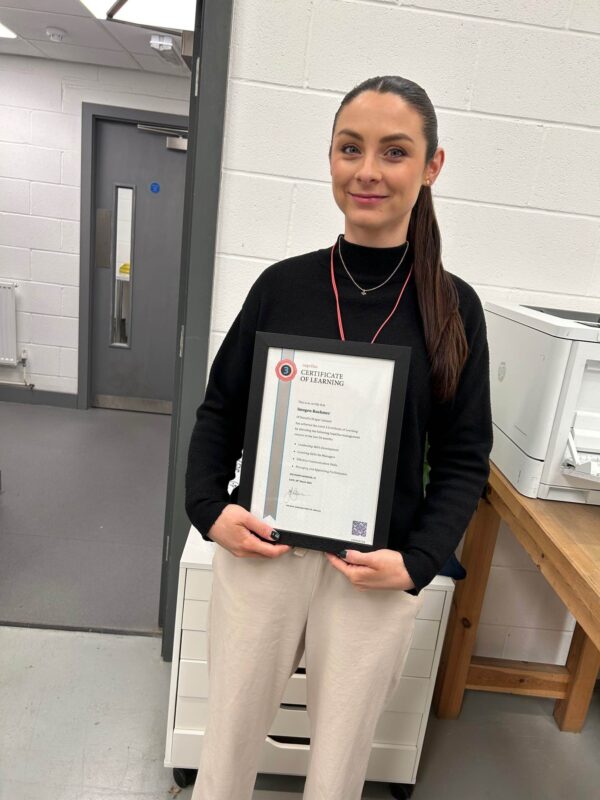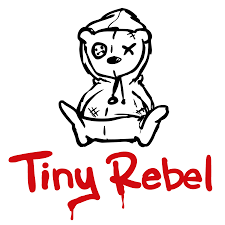Starting an ILM Award is an exciting step toward improving your leadership and management skills. But how can you ensure you excel not only in your assignments but also in your career? One simple yet powerful technique is reflective practice - a tool that can help you turn everyday experiences into meaningful insights.
What is reflective practice and why does it matter?
Reflective practice is the process of analysing your experiences to gain deeper insights and identify areas for improvement. It’s about asking yourself questions like:
- What happened?
- Why did it happen?
- What could I do differently next time?
By regularly engaging in reflection, you develop a growth mindset, improve your leadership abilities, and set yourself up for long-term success.
How reflective practice enhances ILM assignments
Reflective practice is a game-changer when it comes to completing ILM assignments.
Here’s why:
- Stronger analysis
Reflecting on your experiences enables you to critically assess situations and draw deeper conclusions. This not only strengthens your assignments but also demonstrates your ability to link theory to real-world practice which is a key expectation for ILM learners.
- Personalised insights
ILM assignments often require you to relate leadership theories to your own experiences. Reflective practice makes this easier by helping you identify and articulate how your actions align with the models you’ve studied.
“We encourage learners to embrace reflection. It’s not about ticking boxes; it’s about connecting what you’ve learned with the challenges you face every day.” – Lysette Ellis, Impellus Assessor
How reflection can propel your career
Beyond assignments, reflective practice has a transformative effect on your professional life. Here’s how:
- Increased Self-Awareness
By reflecting regularly, you gain a clearer understanding of your strengths and areas for development. This self-awareness is essential for becoming an effective and empathetic leader.
- Sharper Problem-Solving Skills
Reflection encourages you to view challenges from multiple perspectives, helping you develop creative and practical solutions.
- Adaptability
In today’s fast-paced work environment, the ability to learn from experience and adapt quickly is invaluable. Reflective practice builds this skill, making you better equipped to handle change.
Practical tips for reflective practice
Making reflection part of your routine doesn’t have to be complicated. Here are three simple steps to get started:
- Set aside time
Dedicate regular time to reflect – whether it’s ten minutes at the end of the day or an hour every week. Consistency is key to forming this habit.
- Keep a journal
Writing down your reflections helps you organise your thoughts and track your progress over time. It’s also a great resource to refer to when preparing your assignments.
- Seek feedback
Discussing your experiences with a trusted colleague, mentor, or peer can provide new perspectives and enrich your reflections.
Final thoughts
Reflective practice is a powerful tool for enhancing your ILM assignments and developing your leadership skills. By embracing it, you’ll not only produce higher-quality work but also become a more confident and adaptable leader. So why not start today? Your future self and your career will thank you for it.
For more information on our ILM courses and what is expected see here.



